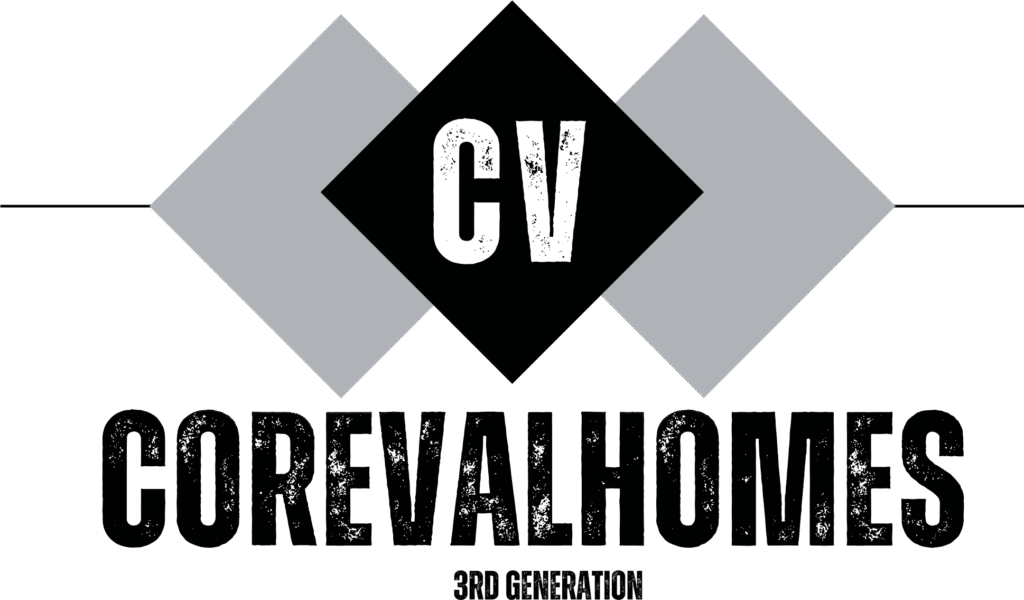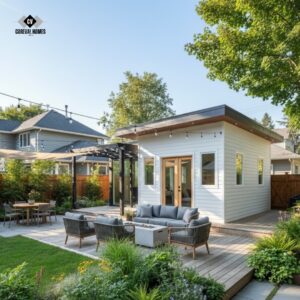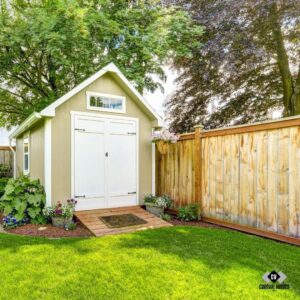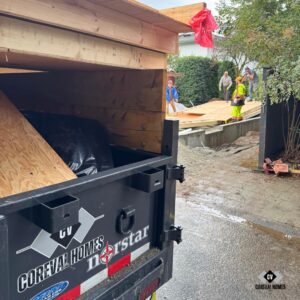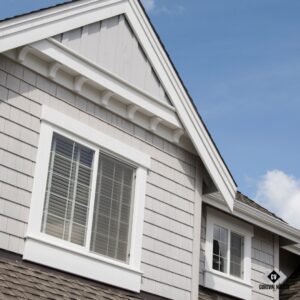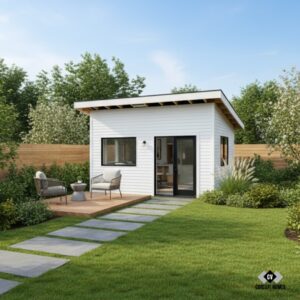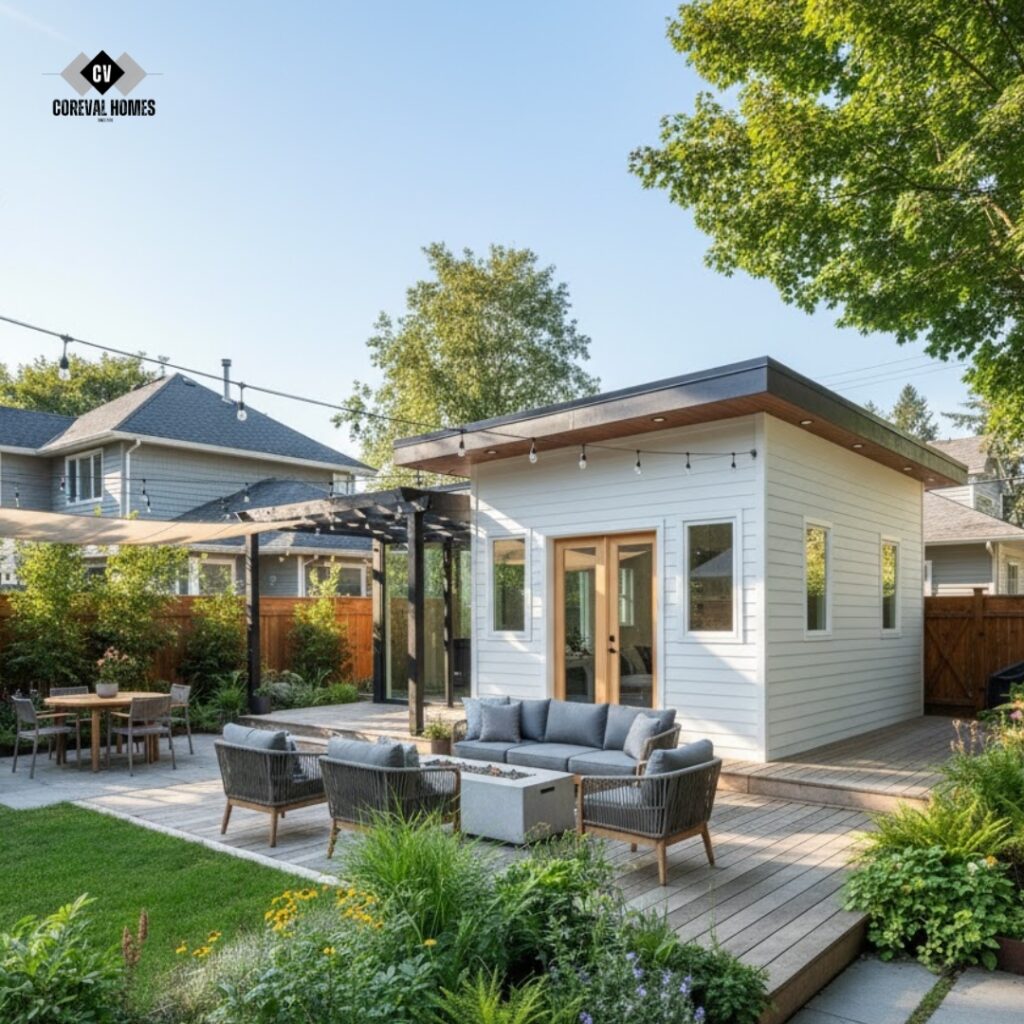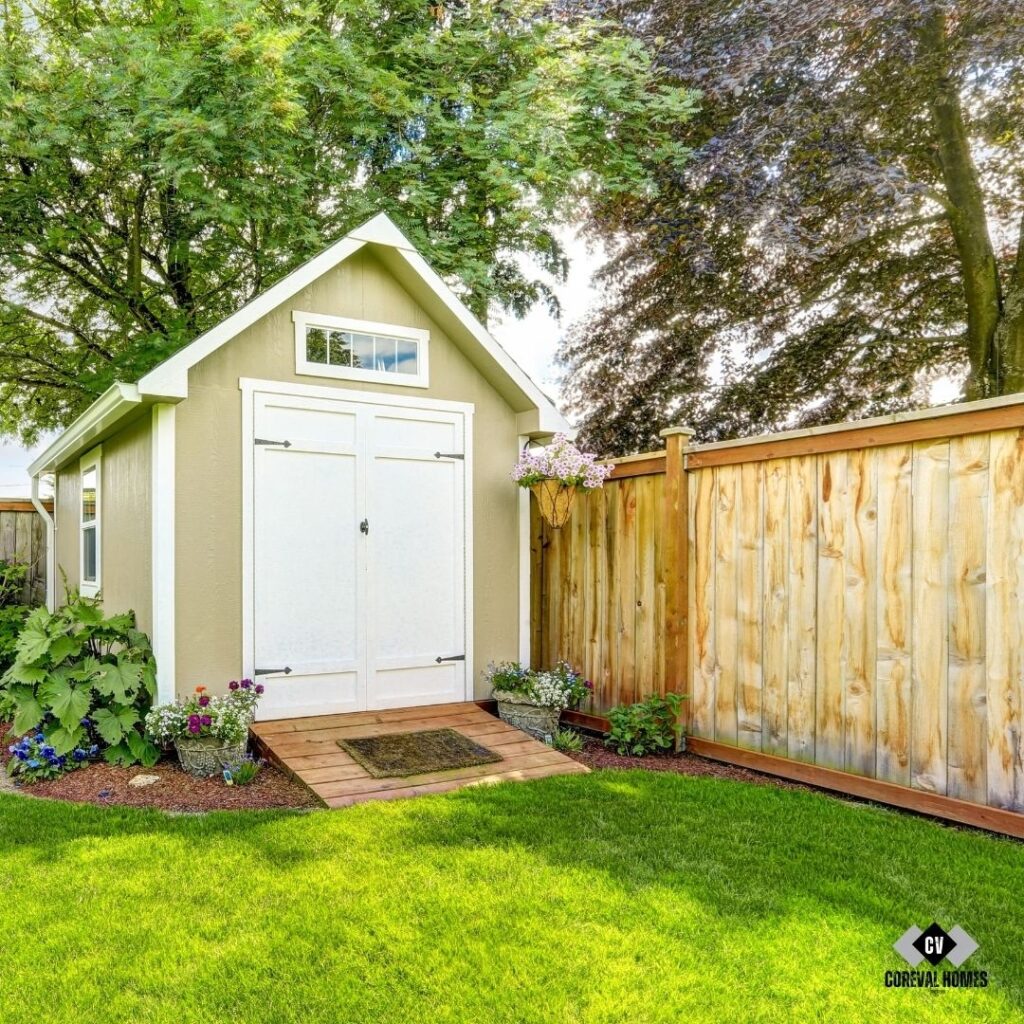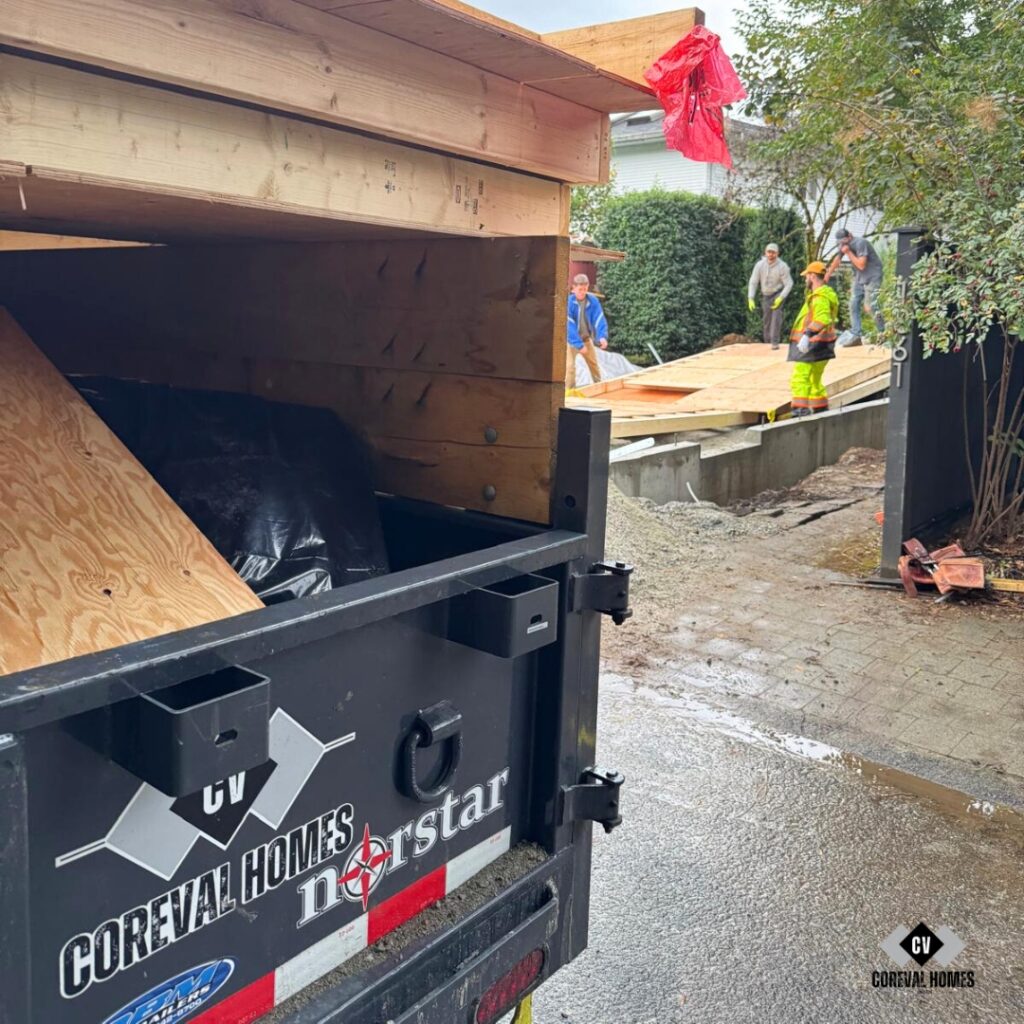Metro Vancouver’s unique climate and urban context present persistent challenges for decks and patios. From relentless rain to freeze-thaw cycles and high UV exposure, these conditions accelerate wear and create maintenance headaches for homeowners.
Drawing on city reports and research, this white paper analyzes the most common issues-cracking, sinking, mold, fading, and ongoing maintenance-and offers expert, evidence-based strategies to prevent and repair these problems.
1. Cracking: The Freeze-Thaw Dilemma
Cracking is a pervasive issue for both concrete patios and deck surfaces in Metro Vancouver, primarily driven by the region’s frequent freeze-thaw cycles. Water infiltrates micro-cracks, freezes, and expands, causing the cracks to widen over time. This is especially problematic in areas where winter temperatures fluctuate around the freezing point, a common occurrence in the Lower Mainland.
Technical Solution:
- Waterproof Membranes: Install high-quality deck membranes which are engineered to flex with temperature changes and prevent water infiltration. These membranes are designed to withstand Metro Vancouver’s weather extremes and come with warranties up to 20 years.
- Regular Inspections: Conduct post-winter visual and tactile inspections to identify hairline cracks early, minimizing the risk of structural compromise.
2. Sinking and Subsurface Erosion: The Hidden Threat
Metro Vancouver’s clay-rich soils are notorious for their instability. Seasonal moisture changes cause soil to expand and contract, leading to subsurface erosion and eventual sinking of patios and decks. Poor drainage design exacerbates this issue, especially in older neighborhoods where stormwater management infrastructure may be outdated.
A significant proportion of patio settlement in the region is linked to water pooling and inadequate base preparation, as highlighted in municipal renovation standards.
Technical Solution:
- Proper Base Preparation: Use a compacted gravel base with a minimum depth of 6–8 inches for patios, as outlined in Metro Vancouver’s construction standards5.
- Drainage Integration: Incorporate French drains or perforated pipe systems to redirect groundwater away from structural elements, reducing the risk of soil washout.
- Foam Injection Lifting: For existing sunken slabs, structural foam injection can restore level surfaces without extensive demolition.
3. Mold and Mildew: Persistent Moisture Hazards
With Vancouver averaging over 160 rainy days per year, decks and patios are highly susceptible to mold and mildew growth. This not only degrades materials but also poses health risks and accelerates rot, especially in wood structures.
Technical Solution:
- Material Selection: Use pressure-treated lumber with appropriate chemical retention levels for structural elements, as recommended in local renovation standards.
- Surface Treatments: Apply oxygenated bleach or fungicidal washes biannually to inhibit mold colonization.
- Design for Drainage: Ensure deck and patio surfaces are sloped (minimum 2%) to promote runoff and prevent standing water.
4. UV Fading and Surface Degradation
Summer UV indices in Metro Vancouver regularly reach high levels, accelerating the breakdown of surface finishes and weakening both wood and composite materials. Unprotected cedar decks, for example, can lose up to 0.5 mm of surface annually due to UV exposure.
Technical Solution:
- UV-Resistant Coatings: Apply ceramic-based stains or sealants that reflect the majority of UV radiation while allowing the substrate to breathe.
- Shading Solutions: Integrate pergolas or shade sails to reduce direct sun exposure and extend the lifespan of finishes.
5. Maintenance Challenges: The Myth of “Low-Uptake” Decks
Despite marketing claims, no deck or patio is truly maintenance-free. City guidelines for private patios require daily removal of debris, regular cleaning, and prompt repair of any damage to ensure safety and longevity. Neglecting routine maintenance leads to accelerated wear, safety hazards, and costly repairs.
The City of Vancouver mandates daily maintenance for private patios, emphasizing the importance of proactive care.
Technical Solution:
- Scheduled Maintenance: Develop a seasonal maintenance plan, including cleaning, inspection, and resealing as needed.
- Professional Audits: Engage qualified contractors for biannual inspections, focusing on flashing, fasteners, and drainage systems.
Expert Recommendations from CoreVal Homes
CoreVal Homes leverages these best practices and local standards to deliver durable, low-maintenance decks and patios tailored to Metro Vancouver’s climate:
- Geotechnical Assessment: Every project begins with a soil analysis to determine optimal foundation depth and drainage requirements.
- Advanced Materials: We specify hot-dipped galvanized hardware and polymer-modified mortars for superior corrosion and moisture resistance.
- Integrated Drainage: Our designs incorporate drainage mats and sloped surfaces to efficiently manage Metro Vancouver’s heavy rainfall.
- Custom Maintenance Programs: Clients receive tailored checklists and reminders aligned with city regulations and climate realities.
Building Resilient Deck and Patio in Metro Vancouver
Metro Vancouver’s climate and soils demand a technical, data-driven approach to deck and patio construction and maintenance. By following city guidelines, leveraging advanced materials, and prioritizing proactive care, homeowners can avoid the most common pitfalls-cracking, sinking, mold, fading, and maintenance headaches.
Partner with CoreVal Homes to ensure your deck and patio not only survive but thrive in Metro Vancouver’s demanding environment.
FAQs
1. How long does a typical deck and patio last in Metro Vancouver’s climate?
With proper design, materials, and maintenance, decks and patios in Metro Vancouver can last 15 to 25 years. Factors such as soil conditions, drainage, and UV exposure influence longevity, which is why professional installation and regular inspections are critical.
2. Can CoreVal Homes help with custom deck and patio designs that suit Metro Vancouver’s environment?
Absolutely. CoreVal Homes specializes in designing and building decks and patios tailored to the region’s unique climate and soil conditions, ensuring durability, safety, and aesthetic appeal. We provide comprehensive consultations and maintenance plans to protect your investment.
3. What permits are required for building or renovating a deck or patio in Metro Vancouver?
Most municipalities in Metro Vancouver require building permits for decks over 10 feet in height or patios with significant structural elements. It’s essential to check local bylaws, and CoreVal Homes can assist clients in navigating the permitting process smoothly.
4. Are composite decks more eco-friendly than traditional wood decks?
Composite decking often uses recycled materials and requires less frequent replacement, making it a more sustainable choice. However, the manufacturing process and end-of-life disposal should also be considered when evaluating environmental impact.
5. What are the signs that a deck or patio needs professional repair rather than DIY fixes?
Signs include persistent water pooling, visible structural sagging, extensive mold growth, or large cracks exceeding 1/4 inch. CoreVal Homes offers expert assessments to determine the best course of action, preventing costly future damage.
People Also Ask
1. How do I prevent water damage on my deck during Vancouver’s rainy season?
Ensure your deck has proper slope and drainage systems to direct water away. Applying waterproof membranes and sealing all fasteners also helps prevent water infiltration.
2. What is the best decking material for wet climates like Metro Vancouver?
Materials like pressure-treated wood, composite decking with PVC caps, and tropical hardwoods such as Ipe perform well due to their resistance to moisture and decay.
3. How often should I reseal my concrete patio?
Concrete patios typically require resealing every 2 to 3 years to maintain waterproofing and prevent surface degradation, especially in wet climates.
4. Can I install a patio over existing soil without excavation?
It’s possible if the soil is stable and well-draining, but usually, a compacted gravel base is recommended to prevent settling and erosion.
5. Does CoreVal Homes provide maintenance services after installation?
Yes, CoreVal Homes offers ongoing maintenance packages, including inspections, cleaning, and repairs, to ensure your deck or patio remains safe and beautiful year-round.
